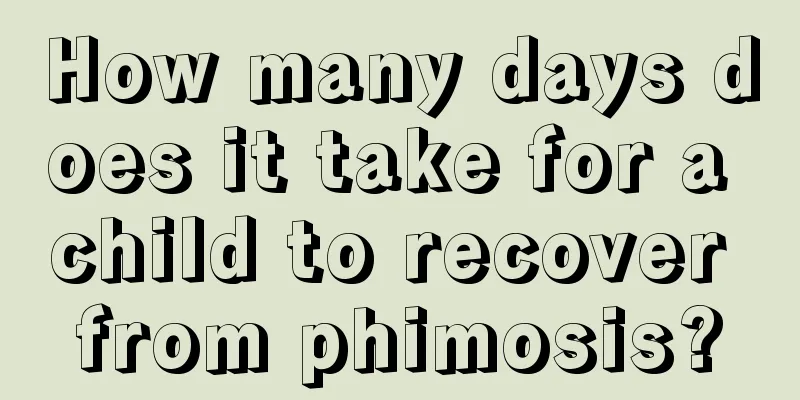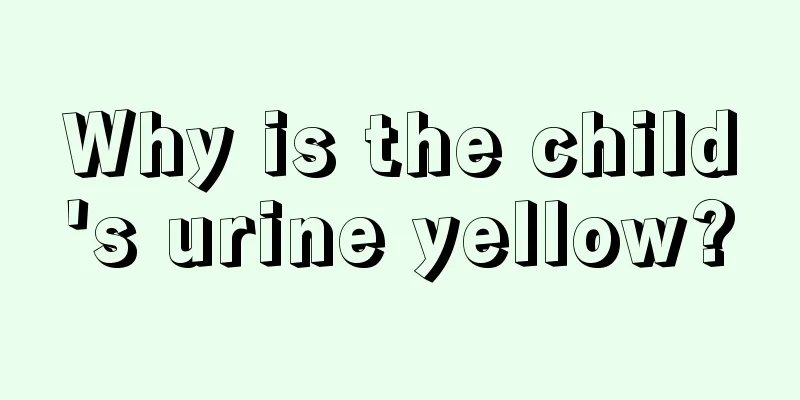How to treat aortic stenosis in babies

|
In the early stages of aortic valve stenosis, symptoms such as palpitations and shortness of breath usually occur, while in the late stages, there are usually dizziness, syncope, and left heart failure. In severe cases, there may even be sudden death, so we need to pay special attention to it. So how do we treat aortic valve stenosis in babies? Now I will share my understanding with you. (I) Medical treatment: Appropriately avoid excessive physical labor and strenuous exercise, prevent infective endocarditis, and regularly follow up and recheck echocardiograms. Digitalis drugs can be used for patients with heart failure, and care should be taken to prevent volume depletion when using diuretics; salicylate esters can relieve angina symptoms. (B) Surgical treatment The key to treatment is to relieve aortic valve stenosis and reduce the transvalvular pressure gradient. Commonly used surgical methods include: ①Percutaneous aortic valvular balloon angioplasty. It can immediately reduce the transvalvular pressure difference, increase cardiac output and improve symptoms. Indications: congenital aortic valve stenosis in children and young people; those who cannot tolerate surgery; severe stenosis that is life-threatening; and pre-operative transition for significant stenosis accompanied by severe left ventricular dysfunction. ② Aortic valve commissure separation under direct vision. It can effectively improve hemodynamics, and the surgical mortality rate is less than 2%. However, valve calcification and restenosis may occur 10 to 20 years later, requiring another surgery. It is suitable for children and adolescents with congenital aortic valve stenosis and no calcification, who have symptoms; or who are asymptomatic but have obvious left ventricular outflow tract stenosis; whose cardiac output is normal but the maximum systolic pressure gradient exceeds 6.7 kPa (50 mmHg); or whose valve area is less than 1.0 cm2. ③Artificial valve replacement. Indications are: severe aortic stenosis; calcific aortic stenosis; aortic stenosis combined with regurgitation. Surgery performed before the onset of clinical symptoms has better long-term efficacy and lower surgical mortality. Even if clinical symptoms such as angina pectoris, syncope or left ventricular decompensation occur, artificial valve replacement should be performed as soon as possible. Although the risks of surgery are relatively high, the symptom improvement and long-term effects are better than non-surgical treatment. When significant aortic valve stenosis is combined with coronary artery disease, it is advisable to perform aortic valve prosthetic valve replacement and coronary artery bypass grafting simultaneously. Depending on the baby's individual constitution, when the baby has aortic valve stenosis, targeted treatment is required after examination in a regular hospital and according to the doctor's plan. Do not blindly use drugs indiscriminately. Pay more attention to the balance of the baby's diet and nutrition on a daily basis. I hope that the above summary method can be really helpful to you. I wish you good health. |
<<: Treatment of urinary incontinence in children
>>: Treatment for snoring in children
Recommend
What medicine should children take when they have a cold and fever?
If a child catches a cold and has a fever, you sh...
Can I bathe my baby right after waking up?
Babies also need to take a bath regularly, otherw...
How to correctly judge phimosis in children
Many children are born with phimosis, which is a ...
Why does a newborn baby breathe heavily when sleeping?
Some careful mothers find that their babies breat...
What is the cause of excessive eye secretion in a four-year-old child?
Children are the treasures of the family. Once th...
What causes babies to spit up?
Every mother has experience in raising children. ...
Child with high fever and foaming at the mouth
Fever is a very common disease in children. Howev...
Tips for baby's four-month-old food accumulation
Under normal circumstances, four-month-old babies...
What happens when children spit?
It is very common for children to spit in daily l...
Treatment of yellow nasal discharge in babies
The baby's immunity is relatively weak. At th...
Children with low white blood cell count and recurrent fever
Children's constitution is relatively weak, s...
What can children eat to enlarge their breasts?
In modern society, having a pair of good breasts ...
How to diagnose kernicterus
Kernicterus is actually also called neonatal bili...
Can I get the vaccination on an empty stomach?
I believe everyone has heard of vaccinations. It ...
What to do if your three-month-old baby has dry skin
A baby's skin should be the best. A child'...









